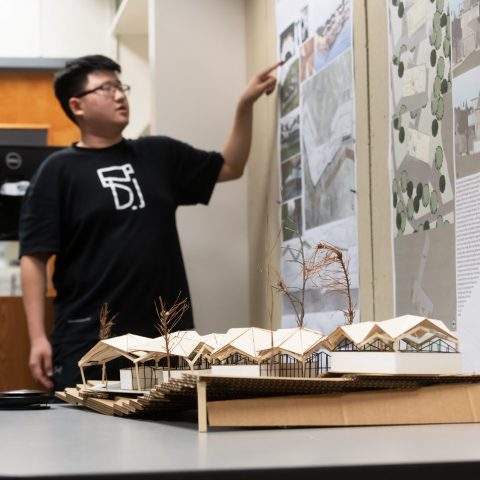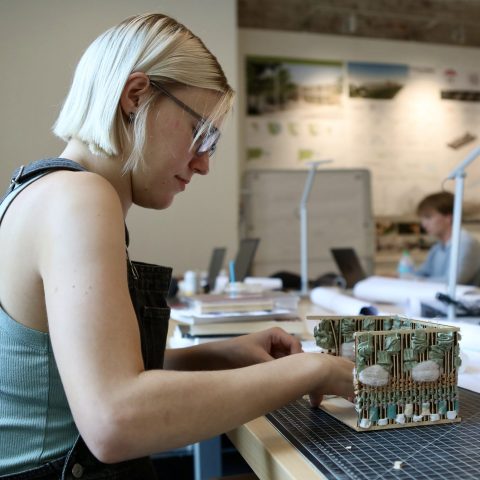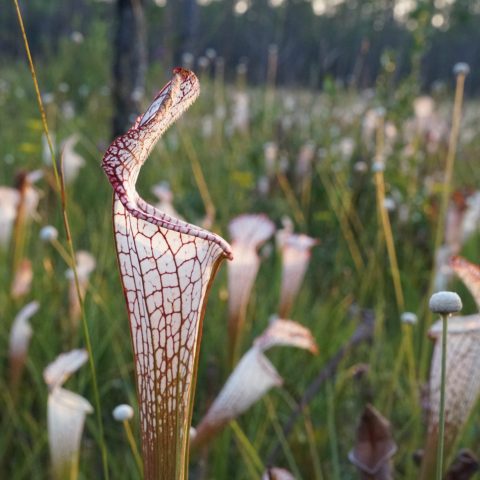More On: APLA

Auburn celebrates 25 years of graduate executive education
Three executive degrees have enhanced the careers, lives of numerous alumni.

APLA Welcomes New Faculty Member Cait McCarthy
Auburn’s School of Architecture, Planning and Landscape Architecture (APLA) welcomes new Assistant Professor Cait McCarthy!

Silt Sand Slurry Shines Light on Coastal Dredging and Sediment Use
Although exact figures differ, the U.S. Environmental Protection agency estimates that several billion cubic yards of sediment are dredged from the nation’s waterways every year.

Front Porch Initiative Welcomes Ayala as Assistant Research Professor
Christian Ayala ’08 recently transitioned to the role of Assistant Research Professor in Rural Studio’s Front Porch Initiative (FPI).

Auburn Mass Timber Collaborative unites interdisciplinary faculty for research, education, outreach
The Auburn Mass Timber Collaborative is becoming a leader in mass timber research, teaching and outreach in the Southeast.

Improving health care, housing, education in Alabama’s rural communities
Convenient, affordable access to housing, health care and education can change the lives of those living in rural areas, and Auburn University is on a mission to build resilient communities throughout Alabama.

Welcome (Back) to Urban Studio!
New students and alumni celebrate the first week of classes at the third annual Welcome Back Breakfast!

The Future is Bright at the Urban Studio
So far, 2024 has been an exciting year at Urban Studio!

Knox Promoted to Associate Professor, Named MLA Program Chair
Emily Knox, who joined the landscape architecture faculty at Auburn University as a Visiting Assistant Professor in 2018, has been promoted to Associate Professor with tenure and named the new Program Chair of the Master of Landscape Architecture (MLA) program.

Auburn team shaping Alabama’s State Wildlife Action Plan
Alabama is home to unique ecosystems like the Appalachian Plateau, the Mobile-Tensaw Delta and the Black Belt Prairie, and protecting these delicate environments is crucial to maintaining biodiversity across the state.